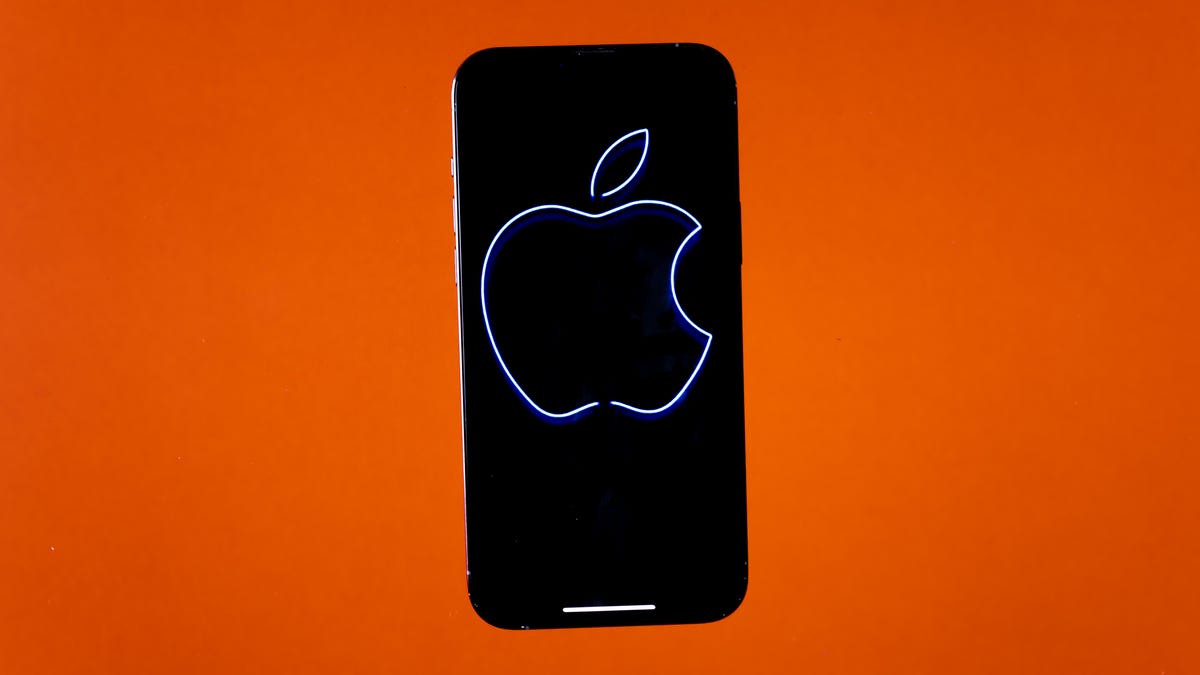Apple Shareholders Vote for Independent Civil Rights Audit of Company
It's a rare instance of a majority of voting shareholders pushing Apple on transparency about its business.

Apple typically holds its shareholder meetings at its HQ, without a livestream. The pandemic has changed that.
Apple shareholders voted Friday to ask the company to seek an independent civil rights audit that would analyze the impact of Apple's policies and practices and recommend changes. The vote marked a rare instance when a majority of voting shareholders pushed Apple on transparency about its business.
The civil rights audit was the only socially minded proposal raised for the meeting that a majority of voting shareholders supported, but that Apple's board of directors had spoken against. Apple's board, in a statement sent to shareholders before the meeting, said the company had already fulfilled the objectives of the proposal in many ways, including through transparency reports and company oversight. Some shareholders, however, argued that an audit is justified by recent controversies concerning how Apple handles privacy on its devices, as well as complaints about company culture from staff.
"A civil rights audit of Apple will provide an independent and objective review of the company's impact on stakeholders civil rights," Tejal Patel, corporate governance director at SOC Investment Group, said in a recorded statement during the meeting. "Apple has built its brand as an inclusive and equitable company, a company that celebrates differences -- and in the tech industry, public trust is paramount."
Apple's shareholder proposal merely asks Apple to perform the audit and release findings. Apple didn't immediately respond to a request for comment about whether it plans to follow through. Apple CEO Tim Cook said during the meeting that the company deeply cares about civil rights, and always has.
The shareholder vote Friday marked an unusual moment for the tech giant, which typically holds its annual meetings at its California headquarters but shifted online amid the coronavirus pandemic. Apple's shareholder events mark an opportunity for stockowners to weigh in on how the company operates, voting on board members, compensation plans, and the occasional shareholder proposal pushing for change. In past years, shareholders have failed to garner enough votes to push Apple to produce reports and tie executive compensation to its environmental efforts. Some shareholders have also unsuccessfully asked the company to commit to including more political diversity among its top ranks. (Cook has said he doesn't want to institute a political test for people at Apple.)
But the push on civil rights underscores how much attention people are paying to these larger issues, and in particular among tech companies. Notably, Meta (formerly Facebook) resisted releasing its own civil rights audit two years ago, which slammed the company for "heartbreaking decisions" that the experts who prepared the report at the time said set back civil rights.
"There are no quick fixes to these issues -- nor should there be," Facebook COO Sheryl Sandberg wrote in a blog post responding to the audit in 2020. "What has become increasingly clear is that we have a long way to go."
Among the proposals that did receive a majority vote at Apple's meeting, each member of the company's board of directors was reelected, and Apple CEO Cook's annual compensation was approved. Cook had earned more than $98 million last year as part of a stock grant timed to the 10th anniversary of his being elevated to lead the company. Cook has said he plans to eventually donate his fortune to charity, much like other tech executives, including Microsoft co-founder Bill Gates.

